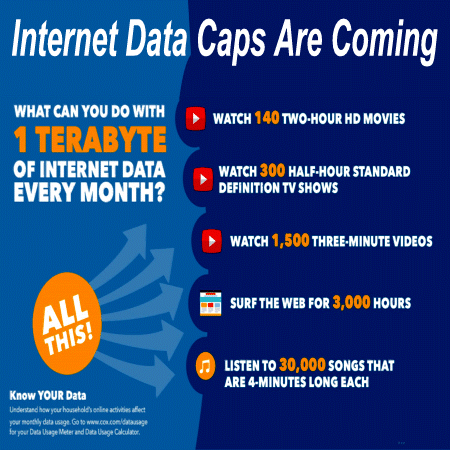Use of FRPM Data for Funding Purposes 2020–21 - Nutrition (CA Dept of Education)2020–21 Requirements for Collecting Free and Reduced-Price Meal Eligibility Data Used to Determine Supplemental and Concentration Grant Funding


Dear County and District Superintendents, Charter School Administrators:
2020–21 Requirements for Collecting Free and Reduced-Price Meal Eligibility Data Used to Determine Supplemental and Concentration Grant Funding
Due to the coronavirus pandemic (COVID-19), the United States Department of Agriculture (USDA) issued nationwide waivers allowing schools to operate summer meal programs through December 31, 2020. On October 9, 2020, the USDA announced the extension of these waivers to June 30, 2021. With the operation of the summer meal programs, all children receive meals at no charge and no free and reduced-price meal (FRPM) applications, which are required under the National School Lunch Program (NSLP), are collected.
In California, students who are determined to be FRPM-eligible based on an FRPM application are included in the Unduplicated Pupil Count (UPC) used to determine supplemental and concentration grant funding under the Local Control Funding Formula (LCFF). Prior to the USDA announcing the summer meal programs waiver extension through June 30, 2021, the California Department of Education (CDE) had communicated to local educational agencies (LEA) that those school sites opting to operate under the waiver may continue to solicit FRPM applications for LCFF funding purposes, and in anticipation of the waiver expiring on January 1, 2021. With the USDA waiver now in place for the entire school year, all school sites within an LEA operating summer meal programs need to transition to collecting alternative household income forms to determine FRPM eligibility for the UPC. FRPM applications distributed prior to October 9 and received by December 31 are valid for LCFF and LEAs do not need to collect alternative household income forms from these families at the affected school sites.
The CDE anticipates that many school sites will opt to operate summer meal programs since all students may receive free meals and to benefit from the significantly reduced administrative burden. The purpose of this letter is to provide LEAs with specific information on ways to mitigate the FRPM application LCFF funding impact when operating the summer meal programs now that the waiver has been extended to
June 30, 2021.
Attachment A provides specific actions LEAs may take based on whether the school is operating the summer meal programs, under a Community Eligibility Provision (CEP), or Provision 2/3. In order to maximize the return of completed forms, LEAs collecting alternative household income forms may want to provide information to households regarding the importance of the information being collected and the potential benefit to their LEA.
It should also be noted that an LEA’s FRPM-Eligible count that the CDE posts on DataQuest is used for various other programs/grants beyond LCFF. These counts are derived from the same data LEAs certify for the UPC as part of the Fall 1 submission to the California Longitudinal Pupil Achievement Data System (CALPADS). Therefore, any increased count that results from the time extension and other accommodations that have been made this year to support LEA efforts to collect UPC data for LCFF, will be reflected in the FRPM-eligible count, posted on DataQuest, that LEAs rely on for other purposes.
The CDE recognizes all the challenges the LEAs are facing this year and it is unlikely that any additional COVID-19 related legislation will be considered until next year. In the meantime, please direct any questions as follows:
- For questions related to LCFF funding and the alternative household income form, please contact the Principal Apportionment Section by email at PASE@cde.ca.gov.
- For questions about NSLP, summer meal programs, CEP, or Provisions, please contact the School Nutrition Program Unit by email at SNPinfo@cde.ca.gov.
- For questions related to CALPADS, please contact the CALPADS Service Desk by email at calpads-support@cde.ca.gov.
Sincerely,
Elizabeth Dearstyne, Director
School Fiscal Services Division
Kim Frinzell, Director
Nutrition Services Division
cc: Chief Business Officers, Food Service Directors, CALPADS Administrators
Attachment
2020–21 Requirements for Collecting Free and Reduced-Price Meal Eligibility Data Used to Determine Supplemental and Concentration Grant Funding Based on Meal Program Type

































